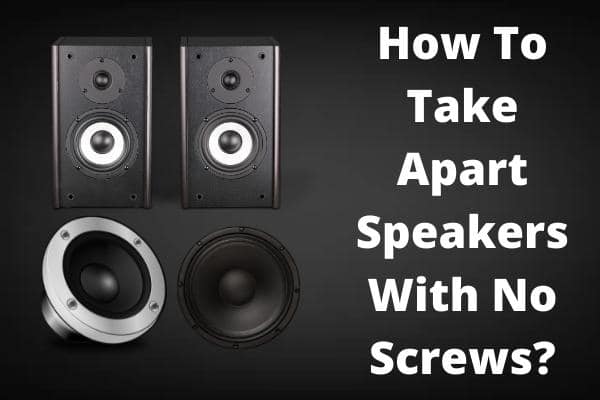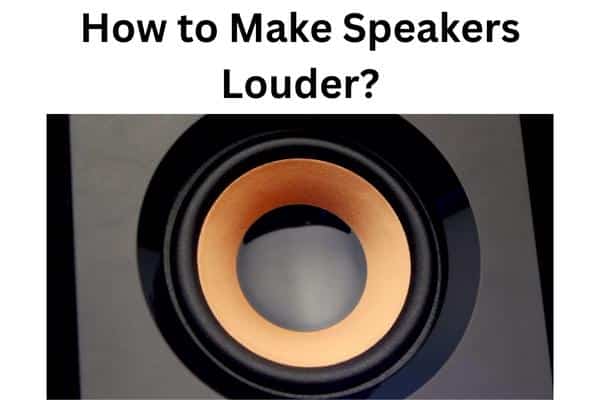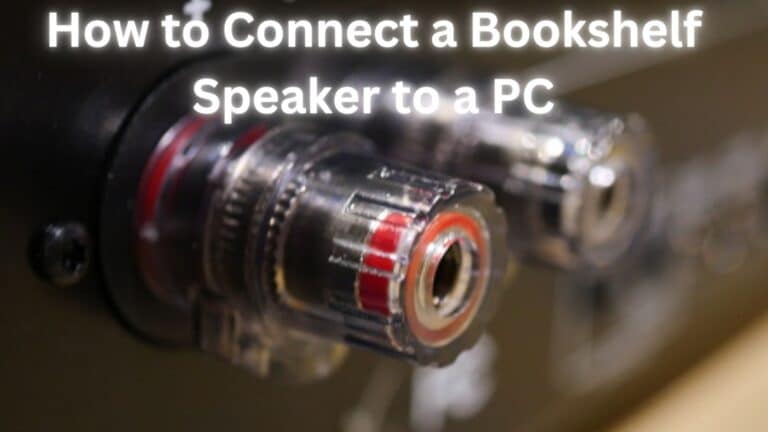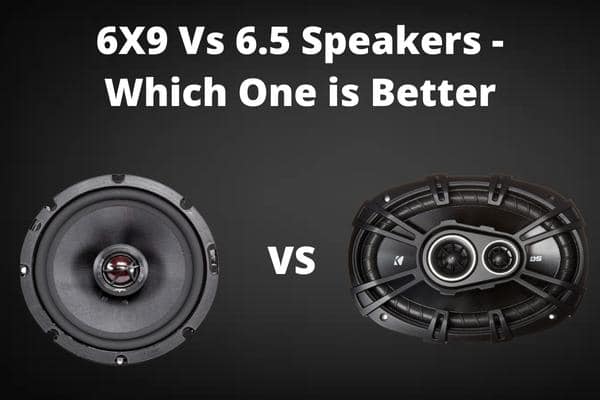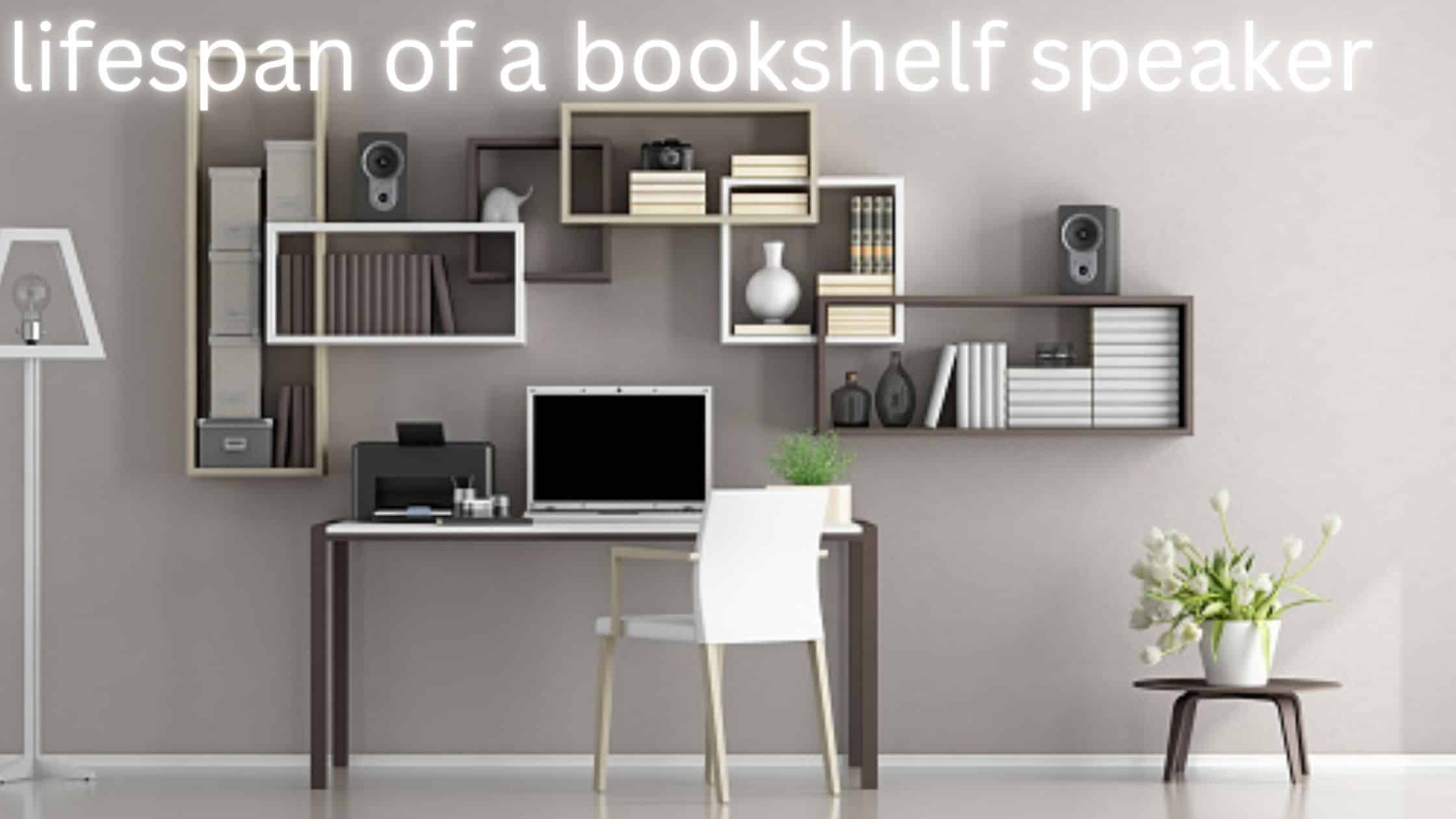
Without a doubt, speakers are one of the essential parts of any sound system. Despite how crucial these devices are, it’s essential to understand that they will not last forever. And what is more important is to know the average lifespan of a bookshelf speaker you are getting.
So you just bought yourself a bookshelf speaker. You’re excited to use it and enjoy your music to the fullest. But how long will it last? When will it need to be replaced?
In this article, we’ll discuss the average lifespan of a bookshelf speaker and how often you should replace it. We’ll also give you tips on how to care for your speaker and prolong its life. Keep reading to learn more!
The lifespan of a bookshelf speaker

How frequently you use them, how well you care for them, and the speaker’s quality all affect how long your bookshelf speakers will last. When it comes to the life span of a bookshelf speaker, you should note that proper and adequate care is essential.
Another essential factor that influences the lifespan of a bookshelf speaker is the materials that make up the speaker, especially when it comes to the surrounding borders.
Depending on its composition, the outside material that physically surrounds the drivers or woofers can have a huge impact on their lifespan and sound
Generally, low-quality bookshelf speakers last for about 5-10 years. However, if you’re using them heavily or are not taken care of properly, they may only last for 2-3 years. It’s important to note that regularly cleaning your bookshelf speakers can add an extra year or two to their lifespan.
High-quality bookshelf speakers are expected to last many decades when properly taken care of. It could last 10 years, 20 years, or more as long as it receives the right care from its user.
So, if you’re looking to buy a new pair of bookshelf speakers, 5-10 years is a good estimate of how long they’ll last. But remember, this varies depending on use and care.
Related More Bookshelf speakers articles:
- Are bookshelf speakers good for music
- How to place bookshelf speakers for better sound
- How To Connect A Bookshelf Speaker To Pc
How often should you replace your bookshelf speakers?
It is generally known that the question of “how frequently should a bookshelf speaker be replaced” is one of the questions everybody finds difficult to provide the answer. Well, since bookshelf speakers’ lifespan depends on several different conditions, there is no fixed timing for their replacement.
Some of the factors that influence how often you should replace your bookshelf speakers are:
- The quality of your bookshelf speaker.
- How it’s been cared for.
- How often it is used?
- The environment it is used in.
For example, a high-quality speaker that’s used rarely may last for 10 years or more. A frequently used budget speaker, however, might require replacement every two to three years. And if you’re using your bookshelf speaker in a moist or dusty environment, it may need to be replaced more often.
The amazing part about bookshelf speakers is that it’s very easy to notice when they develop an issue and fixing it wouldn’t be difficult.
Overall, it’s a good idea to replace your bookshelf speaker every five years or so or when you feel the need for it to be replaced. That will ensure you’re getting the best sound quality possible and that your speaker is functioning at its best.
Do bookshelf speakers go bad with age?

Like any audio equipment, bookshelf speakers differ in terms of function as well as quality and performance. The use of a bookshelf speaker causes electronic depreciation. This is unavoidable in any electronic equipment and can significantly impact the sound that an old speaker produces.
To learn More about what Are The Best Sounding Vintage Bookshelf Speakers, check out the following our article.
These factors significantly affect the speaker’s lifespan and determine whether they begin to lose their effectiveness as they get older.
Materials used to make speakers:
The majority of materials used to make speakers are delicate, perishable materials like pulp, plastic, and composites. Despite how amazing these materials are, not all of them are equally good at resisting environmental deterioration. So it’s okay to say that an old speaker won’t sound as vibrant as a new one. As a result, the materials in speakers weaken and wear out as they age, resulting in less efficient speaker cone vibrations. Over time, the spider (spring) loses tension and bends the cone.
Spider:
The spider, which is a spring that revolves around the voice coils, helps produce and focus the vibrations and is the most miserable of all parts of the speaker. And, when the voice coil of a bookshelf speaker is destroyed, the entire audio system usually loses its ability to produce sound.
Cross-Over:
The cross-over is another main part of a speaker that wears out over time. It is composed of electronic parts. It divides the frequencies of the sound waves heard between the tweeter and the woofer. After some time, your bookshelf speakers can start to have other problems, like deteriorated tweeter volume controls that make them sound unpleasant when adjusted.
Additionally, older speakers frequently contain foam surrounds, which quickly degrade when exposed to heat and sunlight. As these materials age, a bookshelf speaker also goes bad.
When bookshelf speakers burn out
You would first love to consider what causes a bookshelf speaker to break down.
The two biggest factors that contribute to their decline in performance are dust and inadequate power.
Dust:
Dust accumulates inside the speaker, reducing its ability to reproduce sound accurately. Inadequate power involves overpowering the speaker, meaning it receives more power than it can handle. As a result of this, it may cause permanent damage to your speaker because it will cause your speaker to vibrate too quickly. To make sure your bookshelf speakers are performing at their best capacity, we recommend wiping them down every two weeks or so using a slightly damp cloth to remove any dust that may have built up.
Inadequate power:
Additionally, make sure you’re not giving them more power than their rated wattage can handle. While this will vary depending on the speakers you own, having a multi-meter handy can help you figure out your optimal power output for each speaker.
So, what happens when your bookshelf speaker burns out?
When your bookshelf speakers burn out, It depends on where the damage is located. If the damage is in the amplifier, then you’re in luck. All you need to do is replace that part, and the speaker will be back up and running.
However, if the damage is in the woofer or tweeter, you may need to replace the entire speaker. It’s also worth noting that some bookshelf speakers have replaceable woofers, tweeters, and amplifiers. This can be a great way to extend your speakers’ life by replacing worn-out parts instead of purchasing an entirely new set.
But if all else fails, it may be time for a new set of bookshelf speakers. To make sure you’re replacing your speakers at the right time, try playing some music for about two hours each week and listening for any sound distortions or drops in performance. If your audio quality isn’t as good as it used to be, it could be time for a new set of speakers.
Conclusion
So how long do bookshelf speakers last? Well, it depends on several factors, and it also depends on how well you take care of them. With proper care and handling, your bookshelf speakers can last for many years, even decades. However, if you don’t take care of them and use them improperly, they can burn out quickly and need to be replaced.
Frequently Asked Questions
What can I do to make my bookshelf speaker last longer?
To make your bookshelf speaker last longer, try to keep it out of the sun. Ultraviolet does not only damage your speaker but also reduces its sound quality.
Also, try to get regular maintenance done by an experienced technician who can inspect your speakers and fix any potential issues before they become serious problems that require costly repairs or replacements.
Will my bookshelf speakers go bad with age even when I don’t use them?
The simple answer to this is NO. Your bookshelf speakers won’t go bad with age when you don’t use them. Bookshelf speakers only go bad with age when you use your speakers often and when they are not properly maintained.
What can cause my bookshelf speaker to burn out?
The power voltage is one of the main factors that contribute to bookshelf speakers burning out. Every amplifier and speaker has the average power supply each can handle. The low power supply can not only reduce the sound quality of your bookshelf speaker but also burn it out.

